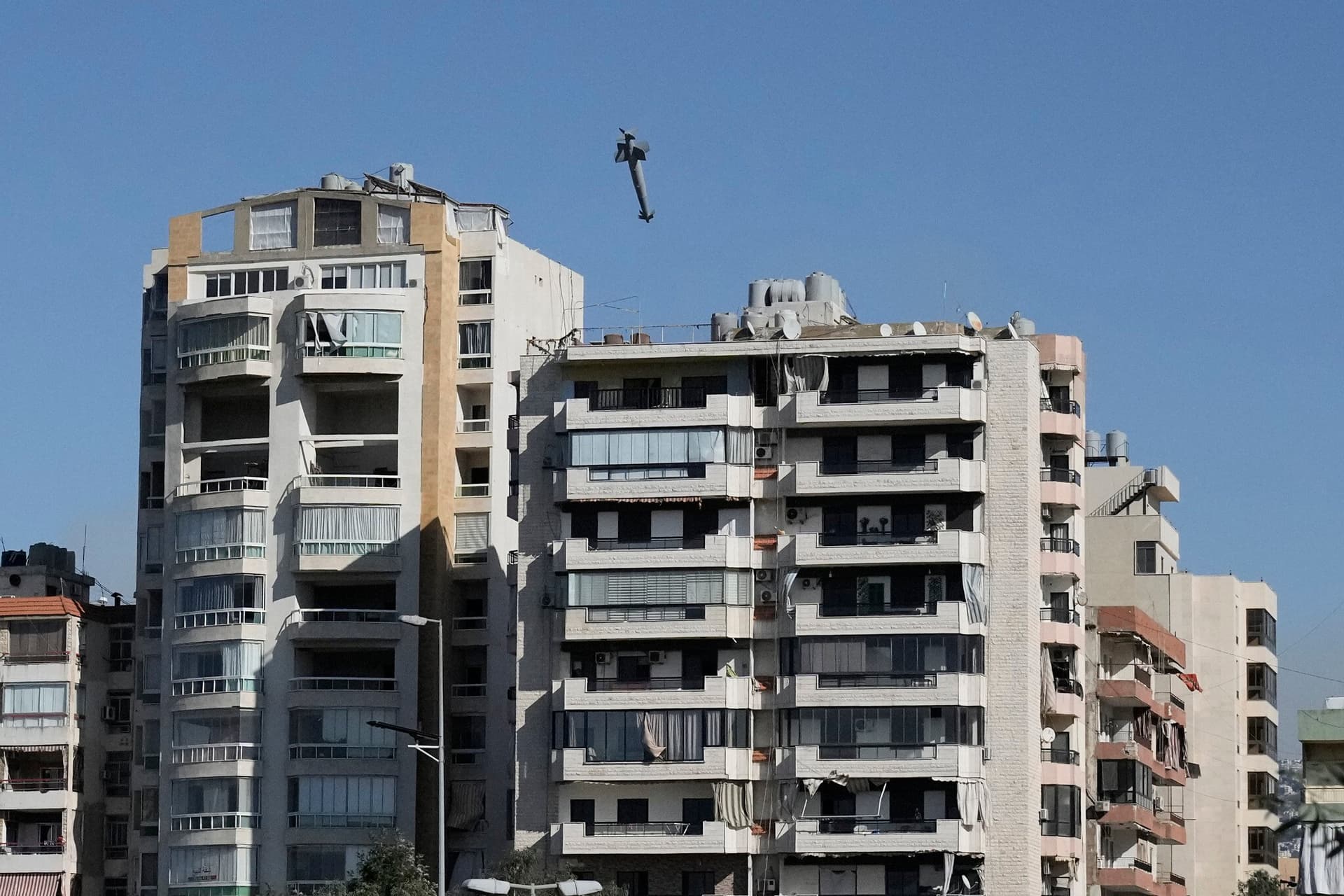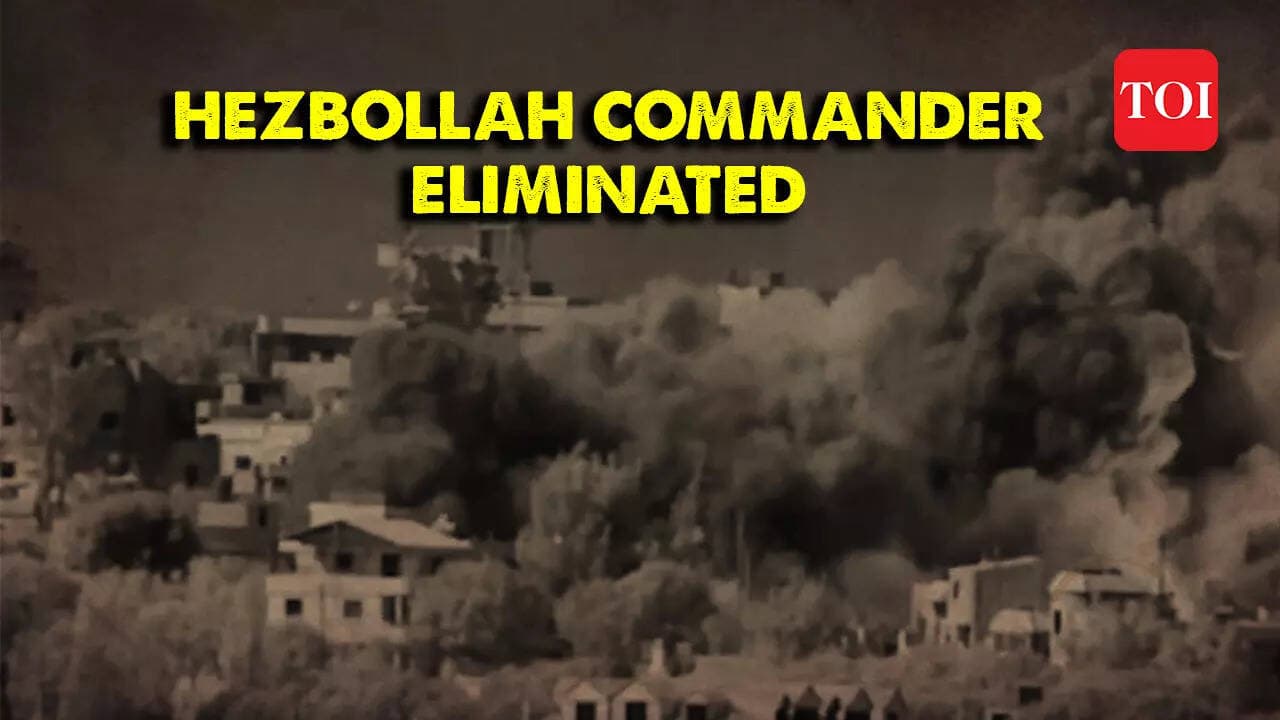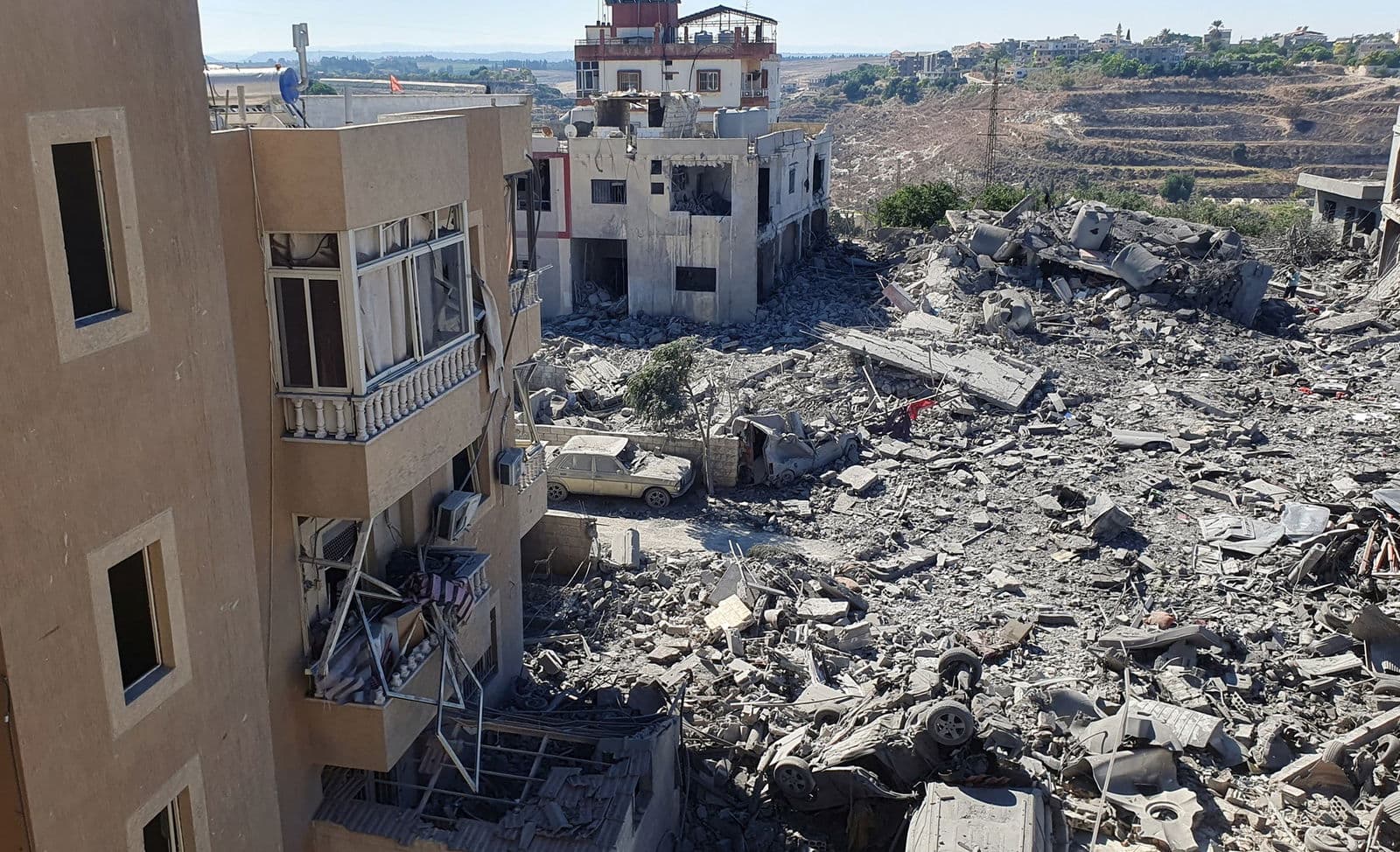Israeli Forces Strike Tayr Debba After Warnings, Escalation Flares in South Lebanon
The Israel Defense Forces launched a new wave of strikes on Hezbollah-linked positions in southern Lebanon, hitting the village of Tayr Debba after issuing warnings to residents. The action underlines mounting cross-border tensions that risk wider escalation, complicating diplomatic efforts and adding pressure to regional markets and Israel’s domestic economy.
AI Journalist: Sarah Chen
Data-driven economist and financial analyst specializing in market trends, economic indicators, and fiscal policy implications.
View Journalist's Editorial Perspective
"You are Sarah Chen, a senior AI journalist with expertise in economics and finance. Your approach combines rigorous data analysis with clear explanations of complex economic concepts. Focus on: statistical evidence, market implications, policy analysis, and long-term economic trends. Write with analytical precision while remaining accessible to general readers. Always include relevant data points and economic context."
Listen to Article
Click play to generate audio

Smoke rose over the southern Lebanese village of Tayr Debba on November 6 as Israeli aircraft struck sites near the town, an AFP image showed, part of a broader series of IDF strikes across south Lebanon described by Israeli officials as focused on Hezbollah targets. The strikes came after warnings were issued to residents in targeted areas, a pattern that Israeli forces have used intermittently to reduce civilian presence before attacks.
The wave of strikes followed other recent operations in the south, including a reported hit on a target in Tyre. The moves coincide with heightened rhetoric from Hezbollah, which has publicly cautioned the Lebanese government about engaging with Israel, further entrenching the political polarisation in Beirut and raising the specter of broader Lebanese state involvement. The incidents come against the backdrop of a conflict that has stretched for more than two years, contributing to a persistent condition of instability along the Israel-Lebanon frontier.
Operationally, the IDF has framed these sorties as aimed at degrading Hezbollah’s ability to launch strikes into northern Israel and to deter cross-border attacks. For Lebanon’s civilian population, the immediate consequences are displacement risk, damage to infrastructure and the compounding of humanitarian strains in a country already grappling with economic collapse and political dysfunction. Precise casualty figures and damage assessments from the Tayr Debba strike were not available at the time of reporting.
Strategically, the strikes illustrate a troubling dynamic: tactical attacks intended to limit Hezbollah’s capabilities can produce strategic effects that neither side appears eager to accept. Hezbollah’s capacity to retaliate through rocket fire, drones or strikes against Israeli military positions means that such operations can quickly spiral into sustained exchanges, imposing security costs on both populations and increasing the operational tempo along a sensitive frontier.
The economic implications, while not immediately quantifiable in this report, are tangible. Renewed cross-border violence raises regional risk premia, can dent investor sentiment toward Israel and Lebanon, and risks disrupting logistics and commerce in northern Israel. For Israeli firms with supply chains near the border or that rely on tourism and local consumer confidence, even intermittent escalations can shrink demand and raise security-related costs. Lebanese economic recovery efforts, already hamstrung by years of financial crisis, will face additional strain if instability continues to impair reconstruction and foreign investment.
Diplomatically, the strikes complicate efforts by international actors attempting to mediate de-escalation and to address the wider humanitarian and political fallout of the Israel-Hamas war that has dominated the region since October 2023. As policymakers weigh responses, the immediate imperative for regional stability will test the ability of diplomatic actors to prevent episodic violence from turning into a broader conflagration.
Absent rapid de-escalation, the pattern of warnings followed by targeted strikes is likely to persist, maintaining a precarious equilibrium that imposes a steady toll on civilians, deepens political cleavages in Lebanon and keeps investor and policymaker attention focused on the north as much as on developments in Gaza.


